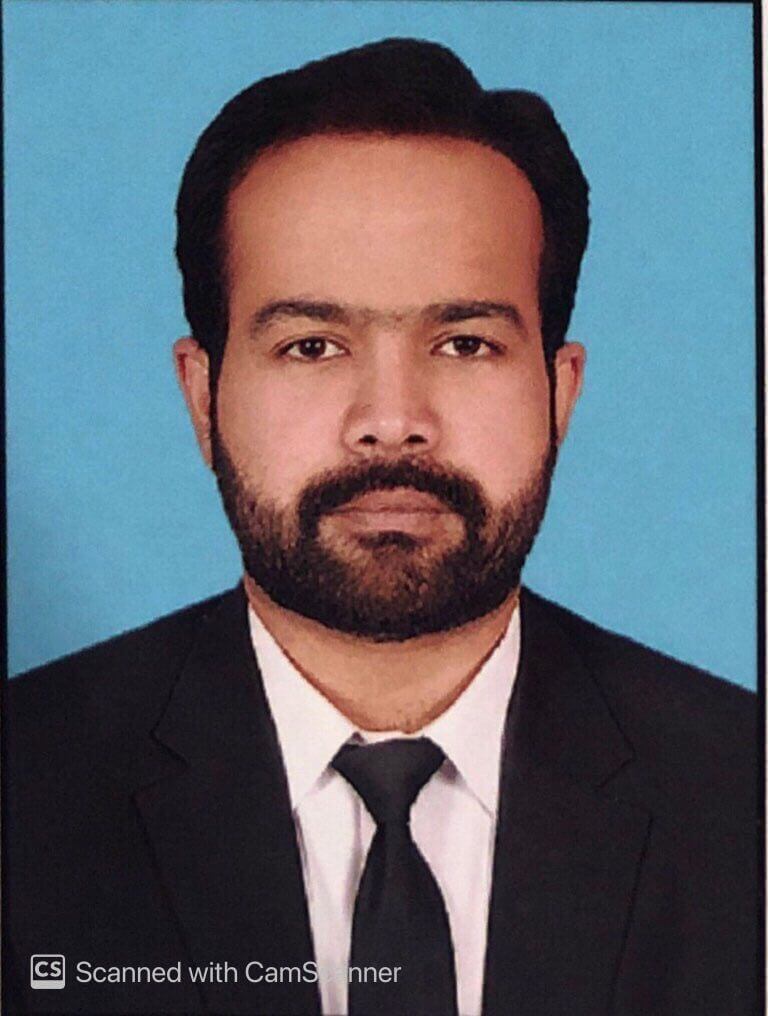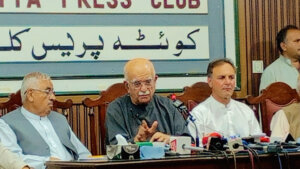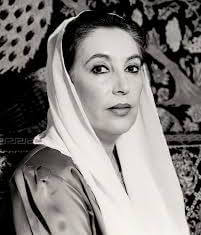Advocate Babar Azam
The Reality Check After Law School
The journey of young lawyers in Pakistan begins long before they ever argue a case — it starts in law school, filled with excitement, ambition, and dreams of serving justice. Students immerse themselves in theory, case studies, moot courts, and research projects, often inspired by seminars and court visits where senior lawyers present the profession as a noble and rewarding path. This idealism fuels their passion to defend rights and uphold the law. However, the real world often tells a different story. The gap between classroom learning and courtroom realities becomes obvious when fresh graduates — particularly first-generation lawyers — enter practice. Without structured guidance, many struggle to figure out how to join a chamber, select a legal specialization, or decide between pursuing an LLM, Bar-at-Law, or directly entering litigation. While a fortunate few find genuine mentors who involve them in case preparation and court appearances, many are left to navigate the profession with little to no support.
Challenges Faced by Junior Advocates
Once they begin practicing, junior advocates in Pakistan encounter multiple challenges that hinder their growth. In some chambers, instead of being taught drafting skills, legal research, and court procedure, juniors are tasked with clerical work — carrying files, making photocopies, or rushing between courtrooms to seek adjournments. They might prepare one case but be sent at the last moment to argue another they know nothing about, resulting in embarrassment before judges. Even as they start gaining basic skills, they endure long working hours, heavy workloads, and little recognition. Many are not taken seriously by clients, court staff, or even fellow lawyers. Public criticism from seniors in front of clients — instead of constructive private guidance — damages their confidence and undermines their advocacy skills. These hurdles, combined with financial pressure and lack of respect, push some talented individuals to leave the profession altogether, which is a significant loss for Pakistan’s legal system.
The Role of Mentorship and Supportive Seniors
Despite these struggles, there are exemplary seniors and judges who actively support the professional growth of young lawyers. Good mentors involve juniors in real legal work, allow them to argue simple applications, and offer patient guidance when mistakes are made. They share fees, provide stipends, and help their juniors build courtroom confidence step by step. Some judges also encourage young advocates by explaining procedures and giving them space to argue, fostering an environment of learning and respect. To expand such support, Bar Councils should organize career guidance seminars in universities, where senior lawyers can advise students on chamber selection, career paths, and skill development. Law schools should also offer internships in litigation, corporate, and judicial fields to help students identify their areas of interest early. Financial support — such as stipends, books, and uniforms — could be funded through court cost awards under Section 35 of the Civil Procedure Code. These measures would ease the financial and professional burden on junior lawyers, allowing them to focus on building their careers.
Building a Respectful and Sustainable Legal Culture
For the legal profession in Pakistan to thrive, respect and dignity must be restored for junior lawyers. Article 14 of the Constitution guarantees the dignity of every citizen, yet many juniors face disrespect within their own chambers. This culture must shift — seniors should treat juniors as future colleagues rather than assistants, while juniors must remain patient, diligent, and committed to continuous learning. Giving young lawyers opportunities to argue even simple matters can greatly enhance their skills and confidence, preparing them for more complex cases in the future. Mutual respect and collaboration between seniors and juniors can close the gap between theory and practice, creating a legal community that values mentorship and professional development. The future of justice in Pakistan depends on how well we support today’s young lawyers. By bridging the gap from classroom to courtroom, we can shape a generation of confident, competent advocates who carry forward the values and integrity of the profession.
Author’s Bio:
Advocate Babar Azam Umrani is a young practicing lawyer in Balochistan, committed to advocating for the professional development, mentorship, and rights of junior lawyers.
📧 Email: babarazamumrani@gmail.com







Impressive! Thanks for sharing this.